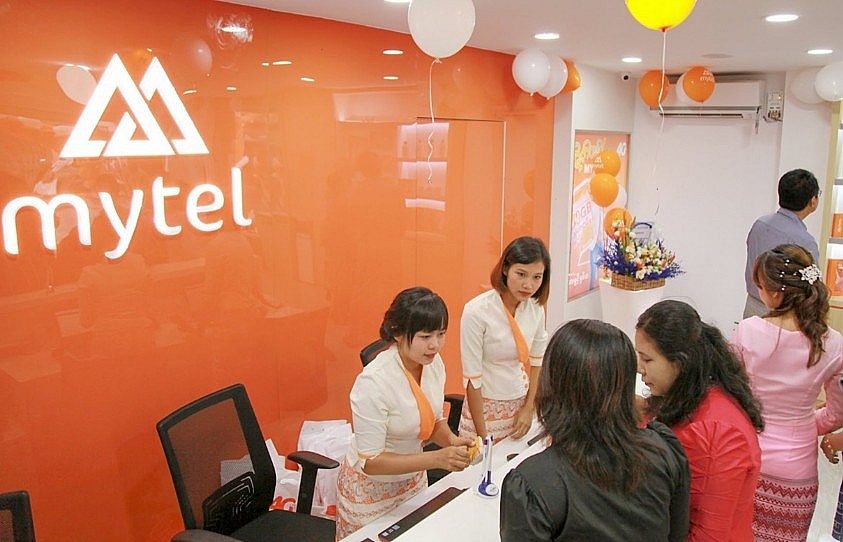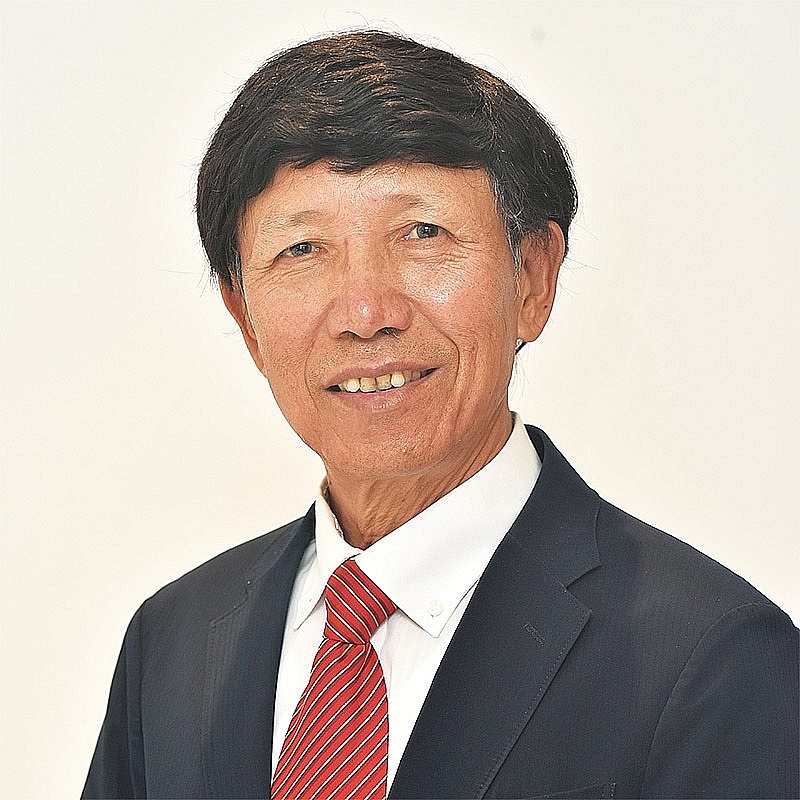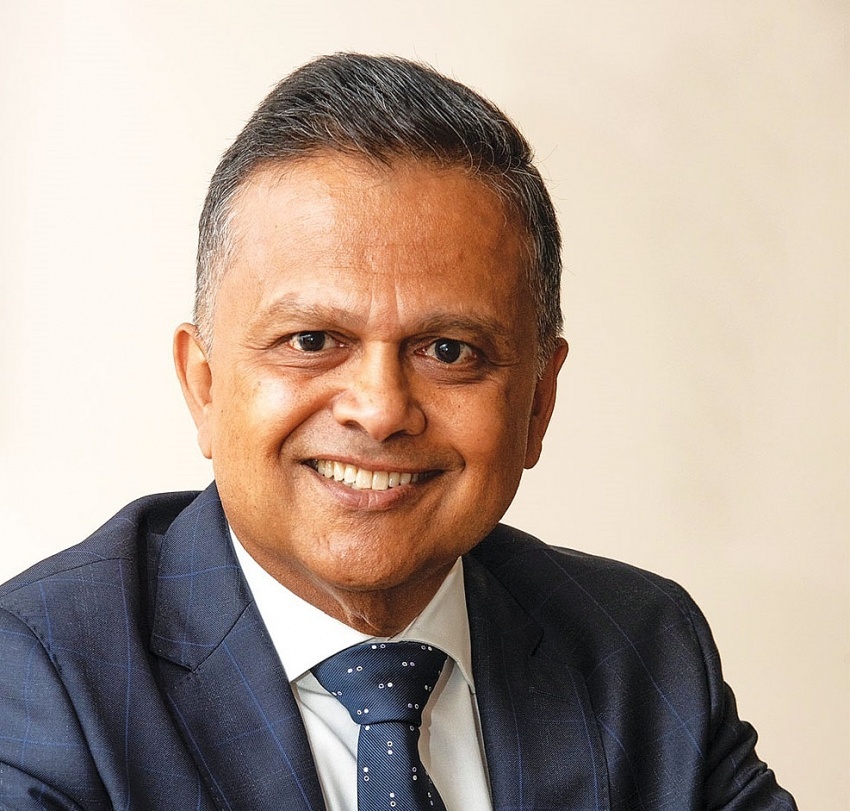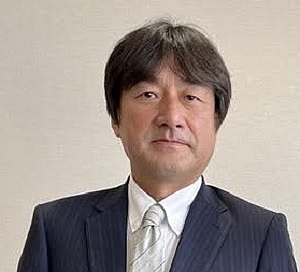Vietnamese firms boost outbound investment
 |
On May 31, the International Investment Study Institute unveiled a book on Vietnam's foreign investment, with a particular focus on Myanmar.
The book, entitled 'Vietnam's direct investment abroad and in Myanmar' was written by a group of experts and is based on an in-depth analysis of results of selected enterprises representing each specific industrial sector, as well as each region.
The book also analyses the legal and policy systems of the host countries, as well as those in Vietnam that target outbound investment and international investment practices, to highlight the opportunities and difficulties for Vietnamese enterprises when investing abroad.
Speaking at the launch ceremony, economic expert Vo Tri Thanh said, "Increasing overseas investment will contribute to the fostering of the socioeconomic development of the country, and the growth of the Vietnamese business community in particular."
However, the full potential has yet to be realised due to certain legal barriers. Do Quang Hien, general director of T&T Company, said that although his company has been investing in Africa for over 20 years, there are still many issues with procedures.
"For example, although the host country can approve planning, the company still has to wait for six months to get a licence from the Ministry of Planning and Investment and domestic authorities. This has not improved over time, and many businesses that want to invest abroad still have to wait far too long," Hien said.
Hien added that there are also barriers to banking activities. "No commercial banks accept foreign currency loans to businesses to invest abroad as they do not have a mechanism to manage loans in countries they do not have a representative office," he explained.
Moreover, while the borrowing of foreign currencies has been regulated since a 1999 decree that provides regulations on overseas investment by Vietnamese enterprises, the current foreign exchange management mechanism of the State Bank of Vietnam has not yet regulated the management of outbound investment currencies.
Dr. Tran Dinh Thien, a member of the Government Economic Council, agreed that although there are barriers, Vietnam still has superb platforms for expanding outbound investment.
"The first is the stable growth of the Vietnamese economy and Vietnamese enterprises. As we grow, we will see opportunities in other countries," Thien said. "The second is that Vietnam is proactive in participating in free trade agreements. Today, doing business needs a favourable environment and trust, especially in the uncertain and unpredictable context of geopolitics."
Shifting focus to Myanmar, which gets an entire chapter in the new book, a February visit of representatives of the Vietnam-Myanmar Friendship Association to Myanmar heard that land for developing industrial parks is now ready, two years after several Vietnamese firms looked into the prospect. Both the state management authorities and businesses are now interested in cooperating with Vietnamese firms in many sectors.
“Myanmar would ensure fair treatment for Vietnamese companies in accessing business and investment opportunities in Myanmar while providing preferential treatment for Vietnamese investors and permitting the establishment of branches of Vietnamese firms here,” said Chu Cong Phung, chairman of the association.
In the first five months of this year, Vietnam's total newly and adjusted investment capital overseas reached around $316 million, equivalent to almost 94 per cent on-year, as reported by the Foreign Investment Agency under the Ministry of Planning and Investment.
Of the total, almost 50 newly registered projects were valued at more than $142 million, representing around half of the same period last year. An additional nearly $174 million was added to 16 projects, nearly four times as much as the same period last year.
During the reviewed period, Vietnamese firms invested in 13 different industries abroad, with wholesale and retail seeing nearly $147.7 million. This was followed by the ICT industry, banking and finance, and agro-forestry-fisheries.
Some 20 countries and territories currently receive investment from Vietnam. Canada takes the lead thanks to a single added-capital project worth over $150 million, followed by Singapore, Laos, and Cuba.
In total, Vietnam boasts nearly 1,650 valid overseas ventures valued at nearly $22.1 billion. Funding has mainly focused on mining (31.5 per cent), and agro-forestry-fisheries (15.6 per cent). Vietnam’s largest recipients are Laos (24.4 per cent), Cambodia (13.3 per cent), and Venezuela (8.3 per cent).
Some of the biggest names in Vietnam have attempted to place a foot elsewhere recently. Vingroup's e-vehicle arm VinFast is currently seeking government approval for adjustments to programmes in France, Germany, and the Netherlands. VinFast was licensed in October 2022 to invest around $85.3 million in its projects in these countries.
In February, Vietnamese tech giant FPT Corporation announced its acquisition of the IT Services division of Intertec International to further strengthen its North American nearshore delivery capabilities, following the success of an initial investment in Intertec in 2021. Intertec Engineering, the company’s technical services division focused on aerospace and government, remains an independent entity.
Many other private companies like Vietjet, T&T, Vinamilk, and TH Group have been increasing investment abroad, even in developed markets such as the US and Europe.
Five businesses boasting more than $1 billion in registered overseas investment are PetroVietnam, Viettel, Vietnam Rubber Group, Hoang Anh Gia Lai Group, and Long Thanh Golf Investment and Trading. In 2016, Vietnamese realty group Hoang Anh Gia Lai opened a 5-star hotel in Yangon, Myanmar. The hotel is housed in the group’s Myanmar Centre Tower, located some 8 km from downtown Yangon.
Ko Tea Yeon, general director of HeeSung Electronics Vietnam said, “I want to encourage Vietnamese firms to increase funding overseas, including in developed countries. The recommendation is that firms should cooperate with partners who have experience and a global overview. It is better to look for support from embassies, investment promotion agencies, and other investors already with activities in the host countries to overcome initial difficulties.”
| Phan Huu Thang - Former director general, Foreign Investment Agency, Ministry of Planning and Investment
Vietnam's outward investment over the years has acquired many outstanding achievements. In the early years, the capacity of private companies was limited. Thus, capital flows mainly came from state-owned companies such as PetroVietnam, Viettel, and Song Da Corporation, among others. I am honoured to see, since the first licence for Vietnamese firms to invest overseas was issued, the journey and the non-stop study on this activity to date. However, along with the achievements, Vietnamese firms have also tasted many failures and some have had to return home. To mitigate the failures and simultaneously boost successful cases, it is necessary to carry out in-depth studies to analyse the investment situation and international practices, clarify the reasons for failure, and analyse the legal framework of the host countries together with the legal policies covering Vietnam’s outward investment. These analyses will provide useful data for both state management authorities and the business community. Ranjit Thambyrajah - Managing director, Acuity Funding
We have had the opportunity to observe the disadvantages and failures of the cross-border investment wave to Australia so that Vietnamese firms can be better prepared. It is necessary to open cultural exchange programmes, language classes, and other bilateral activities to promote acknowledgment with each other. Besides that, support is required from the Australian government in terms of tax incentive application for Vietnamese companies and promoting available business development initiatives to support them. The path for Vietnamese companies to invest also needs the government of Australia to consider simplifying visa procedures, and simultaneously extending the list of visas for business and investment targets. Vietnamese companies can look to invest in real estate and agriculture in Australia, and bilateral investment activities can be implemented easily thanks to the usage of services from a capital arranger. We also provide in-depth support for projects, including the roles of capital provider and project manager, as well as support for the completion of procedures. Narukama Hiromitsu - General director, Mitsui Vietnam
When a company makes plans to invest in another country, two of the most important things are the financial capacity and the political environment. In addition, investors need to clarify the factors causing risks for investment activity to minimise the threats. To limit risk when investing overseas, investors should buy investment insurance and call for support from the government of the host countries, including tax incentives and government guarantees. Another important factor is the people involved. The leadership has to select talent who have enough capacity to manage the project, and train them further to enhance their capacity step by step. Implementing deals is an effective way to accelerate the initial investment process. Mitsui often buys an average of 20-30 per cent stakes from potential partners. The disadvantage of this method is the high investment cost. In many necessary cases, Mitsui accepts the high expenditure to gain a foothold in a Vietnamese sector. We have received a lot of support from the Embassy of Japan in Vietnam, which acts as a bridge to the Vietnamese government and relevant authorities. |
| Vietnam’s outbound investment: Gains and pitfalls Hanoi spurs outbound investment promotion Stationery manufacturer Thien Long to increase outbound investment |
What the stars mean:
★ Poor ★ ★ Promising ★★★ Good ★★★★ Very good ★★★★★ Exceptional
Related Contents
Latest News
More News
- Masan Consumer names new deputy CEO to drive foods and beverages growth (February 23, 2026 | 20:52)
- Myriad risks ahead, but ones Vietnam can confront (February 20, 2026 | 15:02)
- Vietnam making the leap into AI and semiconductors (February 20, 2026 | 09:37)
- Funding must be activated for semiconductor success (February 20, 2026 | 09:20)
- Resilience as new benchmark for smarter infrastructure (February 19, 2026 | 20:35)
- A golden time to shine within ASEAN (February 19, 2026 | 20:22)
- Vietnam’s pivotal year for advancing sustainability (February 19, 2026 | 08:44)
- Strengthening the core role of industry and trade (February 19, 2026 | 08:35)
- Future orientations for healthcare improvements (February 19, 2026 | 08:29)
- Infrastructure orientations suitable for a new chapter (February 19, 2026 | 08:15)




 Tag:
Tag:























 Mobile Version
Mobile Version